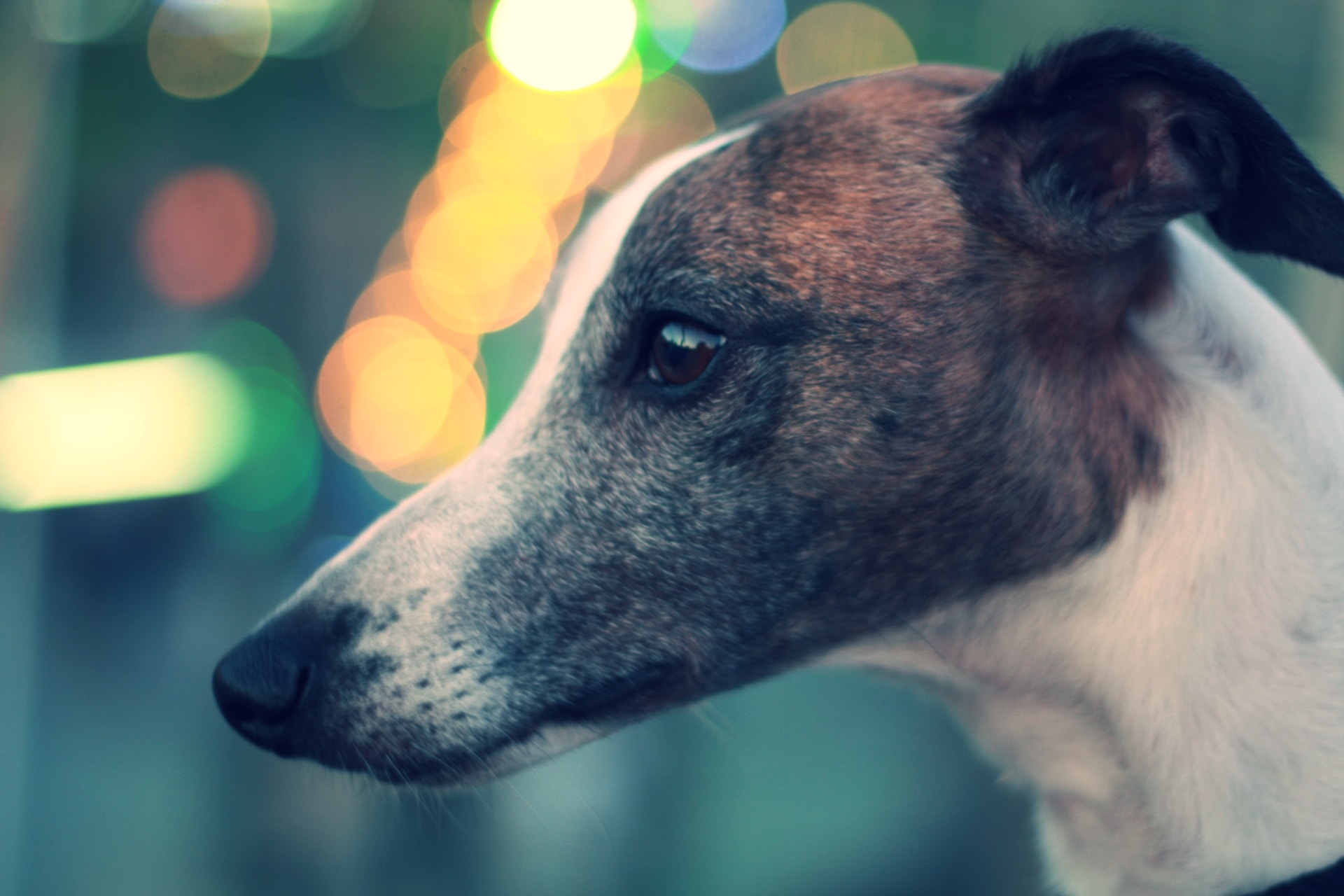History of Greyhound Racing in Ireland
America and baseball. England and soccer. India and cricket.
Some countries are just inextricably linked to a particular sport, and when it comes to the Republic of Ireland there are two sports that are much beloved in the country: horse racing and greyhound racing.
Derby Delight
There’s a stacked calendar of greyhound races throughout the year at the 15 tracks in the Republic of Ireland (there are two in Northern Ireland as well), but none can compete for prestige or prize money with the Irish Greyhound Derby. There’s a total prize fund of €300,000 (around $325,000), with the winner banking a cool €125,000 for their connections.
The 2023 edition of the Irish Greyhound Derby takes place on August 1, with a quality field looking to cement their legacy in the sport at Shelbourne Park. Leading the way in the dog racing betting markets are Clona Duke (12/1) – the leading pick from three-time Derby-winning trainer Graham Holland, Coolavanny Hoffa (12/1) and Ballinabola Ed (16/1).
With victory, Holland would join of the most decorated trainers in Irish greyhound racing history – Gay McKenna and Tom Lynch – on four wins, handing him a chance to become the most successful trainer in the race’s long lineage, which dates back to 1928.
That was the first ‘unofficial’ hosting of the Derby, with the first recognised edition of the race taking place in 1932 – Guideless Joe, a dog trained by Mick Horan, taking the spoils and becoming the answer to a tricky pub quiz question in Ireland in the process.
Shelbourne Park didn’t take over exclusive hosting duties of the Derby until 1968 – between 1932 and 1967, the venue shared the rights with Harolds Cross, with each hosting the race in alternate years.
Harolds Cross was the original host of the Irish Greyhound Derby in 1928, with only two other tracks having ever welcomed an edition of the race – Market Fields Stadium in Limerick and Cork Greyhound Stadium. Harolds Cross is sadly now closed.
Although the sport faces hard times with tracks closing their doors and attendances dwindling, the Irish Derby continues to be one of the focal points in Ireland’s sporting schedule – as it has been for almost a century.
A Lot of History
Although greyhound racing was born in England back in the 1920s, there’s no doubt that the Irish have taken the ball and run with it.
Today, Ireland produces many of the leading greyhounds on both sides of the Irish Sea thanks to the success of their breeding operations – three of the last four English Greyhound Derby winners, arguably the most prestigious race on the planet, have been either bred or trained in Ireland.
🏆 Star Sports & TRC English Greyhound Derby Champion 🏆
Romeo Magico has done it!!!!!! 💥
A lifetime ambition fulfilled for our family and the Firmagers!
Lost for words at the moment, simply amazing.
Well done Badger!! 🦡#GreyhoundDerby2022 @TowcesterRaces pic.twitter.com/CUFEuP6jzB
— 🆁🅸🆅🅴🆁🆂🅸🅳🅴 🅺🅴🅽🅽🅴🅻🆂 (@RiversideKenne) June 25, 2022
Other races, including the Champion Stakes, Easter Cup and the St Leger, afford more opportunities to win silverware and that all-important prize money, upon which the sport lives and breathes – training a yard of dogs, and travelling across Ireland and England to compete, does not come cheap.
This long and storied sport, which has survived many downturns in the past, will continue to live on through its small but passionate band of trainers, owners and breeders. Races like the Irish Greyhound Derby, nearly a century old, are woven into the country’s fabric – they are a vitally important part of the culture in Ireland.

